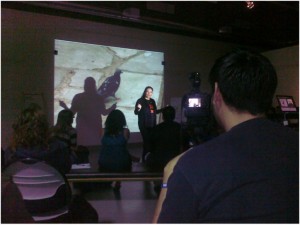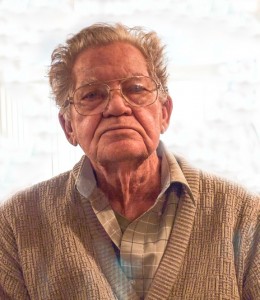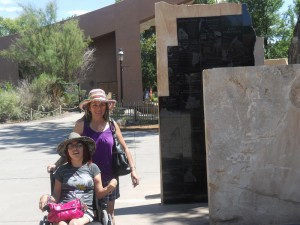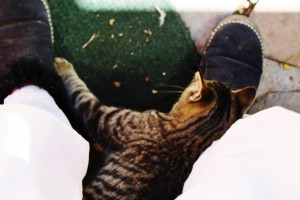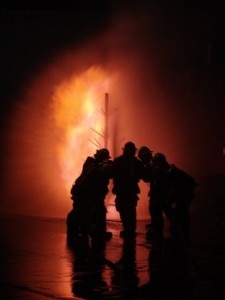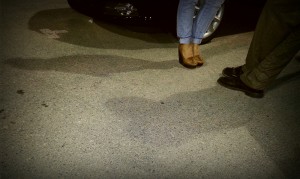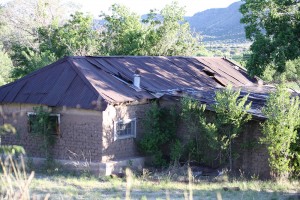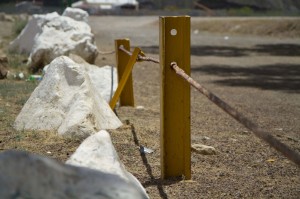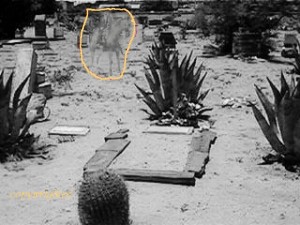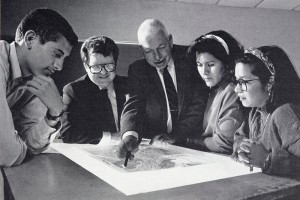Knotty opine
|
Teaching and Learning and Caring Blog
MIMBRES, N.M. – Why is it that necklaces, bamboo roll-up shades, and extension cords tie themselves up in knots without any help, and intentional knots are so difficult to learn? Since I started making jewelry, I have tried several pendants that are more masculine, or at least earthy, and I wanted to use leather cords rather than metal chains to complete them. First I took a lesson from Roberto Santos when I made pendants for the drum circle guys. He taught me one way to make the knots so the laces slid up and down to adjust in length. I could do it right then, but I couldn’t do it a few days later when I was working on something else. Next, I took my problem to a luncheon at the Sociology and Anthropology department at UTEP.

